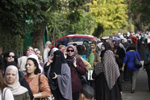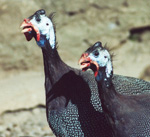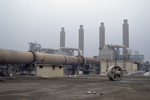Egyptians Launch New Battle for Minimum Wage | Nueva batalla por salarios dignos
By Cam McGrath, IPS. Egypt recently approved its first ever minimum wage for the private sector, bringing it in line with the minimum wage for public sector employees set at 700 Egyptian pounds (US $117) per month. “In Cairo, you’d be lucky to find a small apartment for that price. But then you have to eat, and that’s expensive too.” – A gas meter inspector. (English | Spanish)
Continue reading →



